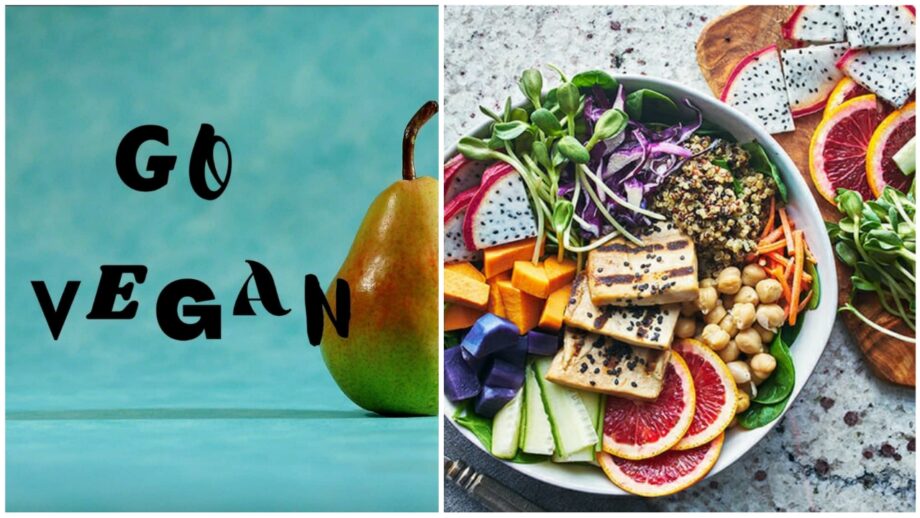Veganism or going vegan is challenging as you have to learn so many things and need to make changes. Most people have misconceptions about veganism, as they think that veganism is only food-related. Actually, veganism is a lifestyle that excludes animal cruelty and exploitation as much as possible. This means not eating anything that contains ingredients from animals. Here we look at what is veganism and a beginner’s guide to going vegan.
* Fundamentally veganism is a plant-based diet, avoiding all kinds of meat, fish, dairy, eggs, even honey.
* Another thing about veganism is to avoid animal-derived products such as leather, wool, silk, fur, and product tasted on animals.
* As well as not to visit places where animals are kept in captivity or used for entertainment purposes.
* Going completely vegan is primarily for animals, as there will be a reduction in animal exploitation.
* There are other health benefits of being vegan, provided you avoid unhealthy processed foods.
* There are a variety of health benefits due to eating vegetarian food. Heart health, type 2 diabetes, cancer, premature health are a few chronic diseases that may be prevented by veganism.
* Main types of this eating pattern are dietary, whole food, junk food, raw food, and low-fat raw food veganism.
* Vegans tend to consume a variety of whole grains, as well as fruits and vegetables.
Overall these are few advantages and a beginner’s guide to going vegan. For ethical, health, and environmental concerns veganism is good.


